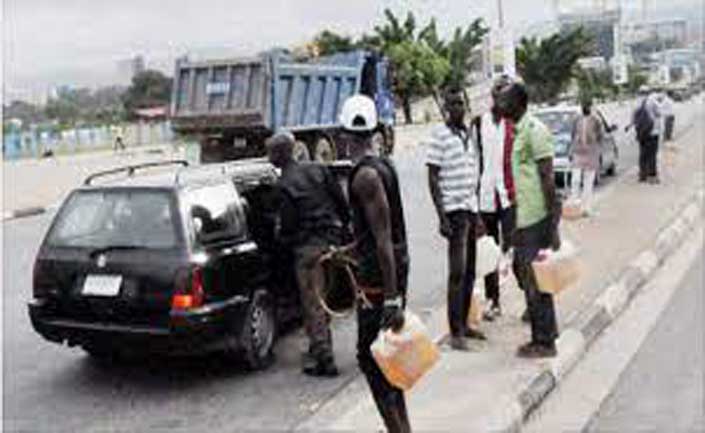Black marketers flout Kaduna govt’s ban on petrol in jerry can as scarcity persists

Black marketers flout Kaduna govt’s ban on petrol in jerry can as scarcity persists

Black marketers flout Kaduna govt’s ban on petrol in jerry can as scarcity persists
Notifications